Scotts Lawn Service or other..
serendipity01
16 years ago
Related Stories
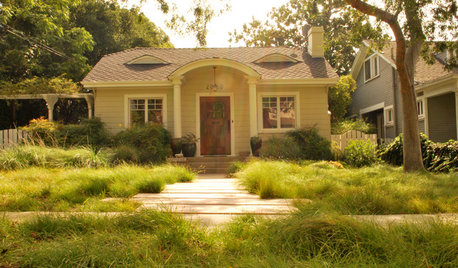
MOST POPULARMeet a Lawn Alternative That Works Wonders
Carex can replace turfgrass in any spot, is low maintenance and adjusts easily. Add its good looks and you’ve got a ground cover winner
Full Story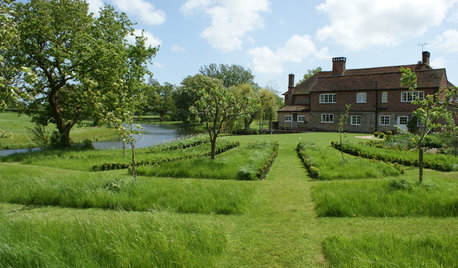
GRASSESHow to Rock a Lawn
Weekend Project: The key to healthy grass begins with the soil. If turf works for you, here’s how to fix it and keep it looking its best
Full Story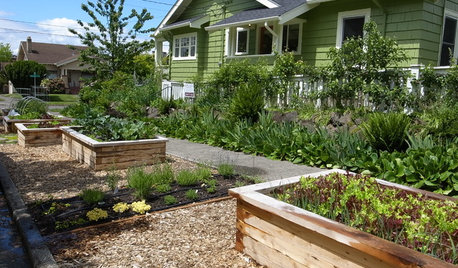
BEFORE AND AFTERSSee 6 Yards Transformed by Losing Their Lawns
Wondering whether a turf lawn is the best use of your outdoor space? These homeowners did, and they found creative alternatives
Full Story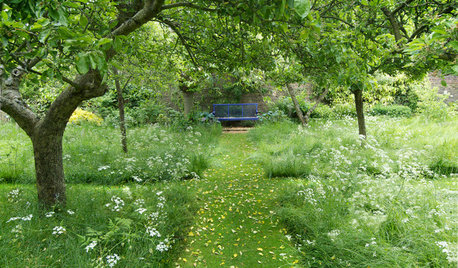
GROUND COVERSGive Your Lawn a Taste of the Wild
Consider the joys of an irregularly trimmed meadow lawn: It’s ecofriendly, visually interesting and still good for romping
Full Story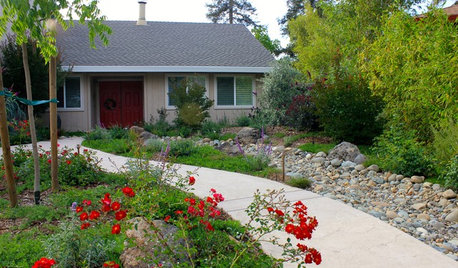
LANDSCAPE DESIGNCalifornia Says Goodbye to the Sprawling Ornamental Lawn
New state rules will effectively limit turfgrass to 25 percent of the landscape in most new and renovated yards
Full Story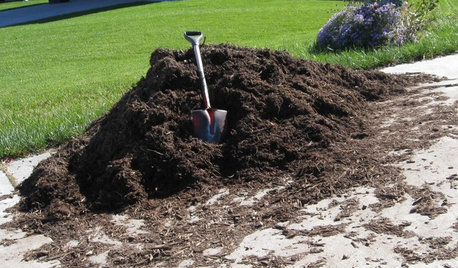
FRONT YARD IDEASBefore and After: Front Lawn to Prairie Garden
How they did it: Homeowners create a plan, stick to it and keep the neighbors (and wildlife) in mind
Full Story
GARDENING GUIDESHow to Fix Bare and Yellow Lawn Spots
Restore your turf’s good looks by reseeding unsightly patches
Full Story
LANDSCAPE DESIGNGet Along With Less Lawn — Ideas to Save Water and Effort
Ditch the mower and lower your water bill while creating a feast for the eyes with diverse plantings and gathering places
Full Story
LANDSCAPE DESIGN15 Great Ideas for a Lawn-Free Yard
End the turf war for good with hardscaping, native grasses and ground covers that save water and are easier to maintain
Full Story
EARTH DAYThe Case for Losing the Traditional Lawn
Work less, help the environment and foster connections by just saying no to typical turf
Full Story






volumetricsporetrap
billhill
Related Professionals
Bridgetown Landscape Architects & Landscape Designers · Comstock Park Landscape Architects & Landscape Designers · Beavercreek Landscape Architects & Landscape Designers · Clark Landscape Architects & Landscape Designers · Saint Louis Park Landscape Architects & Landscape Designers · Vernon Hills Landscape Architects & Landscape Designers · Ashburn Landscape Contractors · East Haven Landscape Contractors · East Lake-Orient Park Landscape Contractors · Stallings Landscape Contractors · Wareham Landscape Contractors · Baileys Crossroads Landscape Contractors · Glenvar Heights Swimming Pool Builders · Manassas Swimming Pool Builders · Rockwall Swimming Pool Buildersbestlawn
billhill
bestlawn
bestlawn
mark_in
serendipity01Original Author
bpgreen